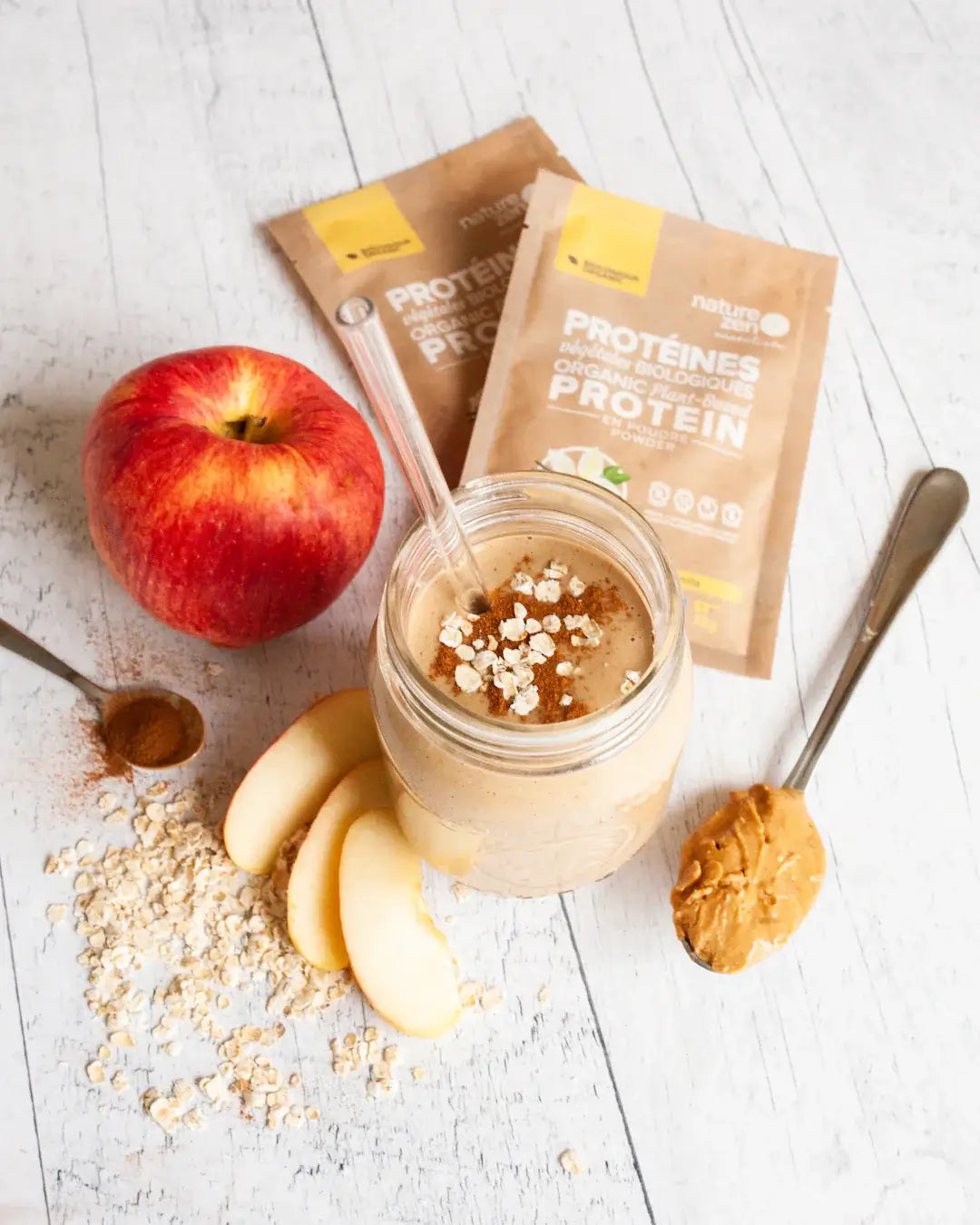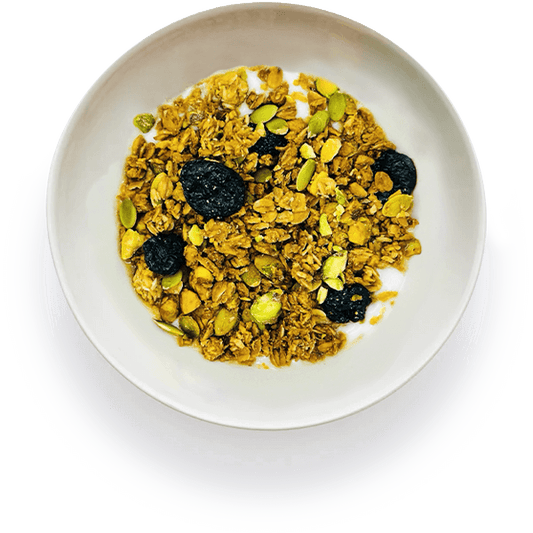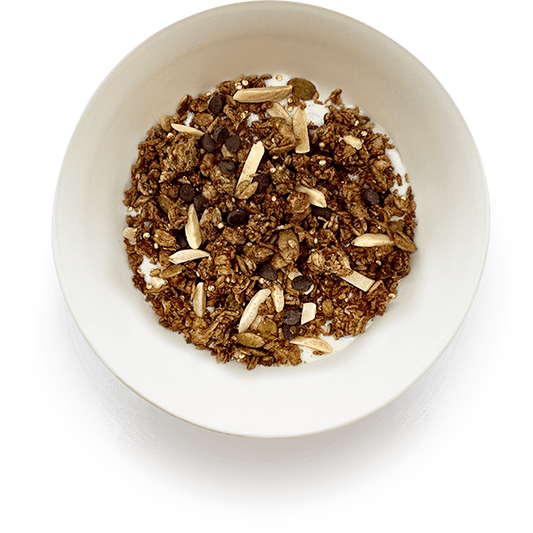The Future of Plant-Based Nutrition: Trends to Watch
By FireRoad
As more people embrace healthier lifestyles and caring for the planet, plant-based nutrition is becoming increasingly prominent. The trends shaping the future of this dietary movement are evolving rapidly. In this comprehensive article, we will explore the current landscape of plant-based nutrition, the rise of fitness-focused meals, and innovative culinary creations like the popular spinach pesto recipe that are capturing taste buds around the world.
The Rise of Plant-Based Eating
The surge in popularity of plant-based diets is attributed to several factors, including health awareness, environmental concerns, and ethical considerations. With research continuously revealing the benefits of a diet rich in plant foods, many individuals are making the switch to a more sustainable and nutritious way of eating. This movement is not just limited to vegans and vegetarians; even flexitarians are contributing to the growing demand for tasty plant-based options.
Health Benefits Fueling the Trend
Numerous studies have shown that consuming a plant-based diet can lead to improved health outcomes. A diet high in fruits, vegetables, whole grains, and legumes can contribute essential nutrients and lower risks of chronic diseases. It has been found that plant-based diets can significantly lower body mass index (BMI) and reduce the chances of developing heart disease, diabetes, and certain cancers.
Support from the Fitness Community
As the knowledge of nutrition expands, athletes and fitness enthusiasts are increasingly recognizing the benefits of plant-based diets. This shift has led to a plethora of fitness-centric products that cater to those pursuing an active lifestyle. High-protein plant foods like lentils, chickpeas, and quinoa have become staples, providing adequate protein while maintaining a healthy nutrient profile.
Innovative Plant-Based Ingredients
As plant-based eating becomes mainstream, innovative ingredients are emerging to keep meals exciting and nutrient-rich. Consumers are looking for ingredients that offer both flavor and nutrition, allowing them to indulge guilt-free while fueling their bodies. Here are some notable ingredients to watch:
- Jackfruit: This versatile fruit can mimic the texture of meat, making it a popular alternative for tacos and sandwiches.
- Nutritional Yeast: Packed with vitamins and minerals, this cheese substitute adds a savory flavor to dishes like pasta or popcorn.
- Spirulina: This blue-green algae is rich in protein and nutrients, making it a fantastic addition to smoothies and energy bars.
Flavors that Captivate
With an increasing number of consumers choosing plant-based options, food brands are focusing on flavor. The demand for satisfying and delicious meals is leading to innovative culinary creations that elevate traditionally simple dishes. Trendy ingredients and spices can make even simple plant-based recipes stand out. For instance, cooking with fresh herbs, spices, and unique sauces can transform standard meals into extraordinary experiences.
Trending Recipes
One standout recipe that has gained immense popularity is the spinach pesto recipe. Pesto, known for its vibrant green color and irresistible flavor, is traditionally made from basil, but it's being reimagined with spinach for added nutrients. This savory sauce is an excellent way to incorporate more greens into your meals and can be used in pasta, sandwiches, and even as a dip.
Sustainable Practices in Plant-Based Production
Sustainability is another pivotal trend driving the future of plant-based nutrition. As individuals become more eco-conscious, they are apt to choose brands with transparent and responsible sourcing practices. From regenerative farming methods to minimal packaging initiatives, consumers are on the lookout for companies that prioritize the environment.
Transparency in Ingredient Sourcing
Shoppers want to know where their food is coming from. Brands that provide full transparency about their ingredient sourcing and production methods are gaining trust and loyalty among consumers. This trend is pushing manufacturers to adopt sustainable practices, which not only benefit the environment but also enhance the overall quality of the products offered.
The Future of Plant-Based Protein
Plant-based protein is set to become even more innovative as technology advances and dietary preferences evolve. As people look for diverse protein sources, manufacturers are exploring new ways to extract and enhance protein from various plants. Some noteworthy developments include:
- Pea Protein: This is increasingly popular, especially in shakes and bars, due to its excellent amino acid profile.
- Fava Beans: These are being introduced into various protein-rich products, providing excellent nourishment and flavor.
- Mycoprotein: Derived from fungi, this source of protein is rich in fiber and has a texture that mimics meat.
Global Impact on Plant-Based Trends
As the world becomes more interconnected, culinary influences from different cultures are reshaping plant-based eating. Traditional recipes are revamped to cater to modern tastes without losing authenticity. Consumers are craving global flavors, and recipes that blend traditional techniques with contemporary nutrition are on the rise. Foods like falafel, curry, and homemade sauces are gaining popularity, and creative adaptations, such as the popular spinach pesto recipe, are being explored globally.
Community Influences on Food Choices
Social media plays a significant role in how consumers discover new foods and recipes. Influencers and food bloggers are showcasing plant-based eating through visually appealing content, making it easier for others to adopt healthier habits. Engagement through platforms like Instagram and TikTok allows people to share their plant-based journeys, from trying out a new dish to meal prepping for the week.
The Importance of Nutrient Diversity
Emphasizing nutrient diversity is crucial for maintaining a balanced and healthy plant-based diet. Many individuals are so focused on reducing animal products that they may overlook the significance of variety in their diets. It’s essential to incorporate a wide range of vegetables, fruits, whole grains, legumes, nuts, and seeds to ensure adequate intake of all essential vitamins and minerals.
Nutrients for Optimal Health
Key nutrients that plant-based eaters should pay attention to include:
- Protein: Ensure a good mix of sources to meet daily protein needs.
- Iron: Incorporate sources like lentils and leafy greens, and enhance absorption by pairing with vitamin C-rich foods.
- B12: This is vital for anyone on a plant-based diet and may require supplementation or fortified foods.
- Omega-3 Fatty Acids: Find plant sources such as flaxseeds and walnuts to ensure intake for heart health.
Cooking and Meal Preparation Innovations
The way we cook and prepare meals is also changing with the rise of plant-based nutrition. As technology evolves, kitchen gadgets and food products are making it easier to integrate plant-based foods into our diets. Meal planning apps and subscription services now feature plant-strong options, further simplifying the process for consumers eager to embrace this lifestyle.
Exploring Culinary Creativity
By experimenting with flavors, cooking techniques, and ingredients, home chefs can create personalized dishes tailored to their tastes. Plant-based nutrition encourages culinary experimentation, resulting in unique meals that satisfy cravings while highlighting the nourishing power of nature’s bounty. This does not mean sacrificing flavor! With dishes like the spinach pesto recipe, individuals can indulge in delicious meals without compromising their health goals.
An Eye on the Future
The future of plant-based nutrition is promising and full of potential. As trends continue to evolve, we can expect further innovations that cater to modern tastes while supporting sustainability and health. With the growing demand for flavor-packed, nutrient-dense alternatives, it's an exciting time to explore the realms of plant-based cooking.
Ultimately, the future beckons not just for a healthier planet but also for healthier individuals. By embracing plant-based nutrition and its many benefits, the possibilities in the kitchen—and beyond—are endless. Let’s continue inspiring each other towards more conscious and flavorful food choices!











